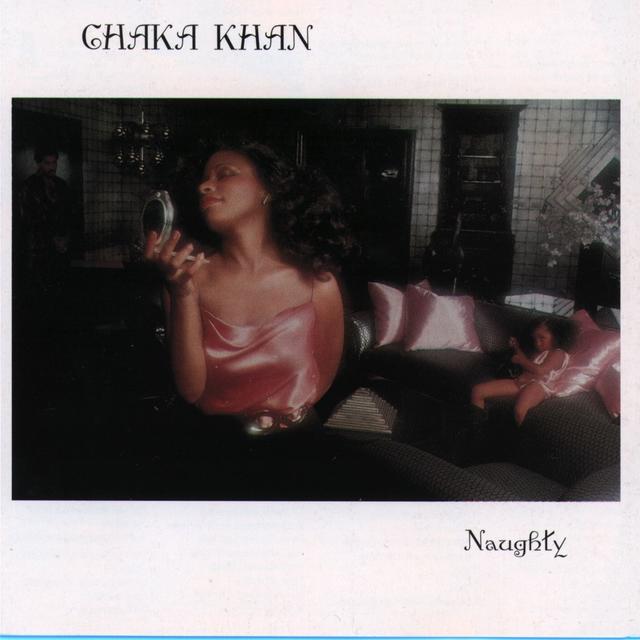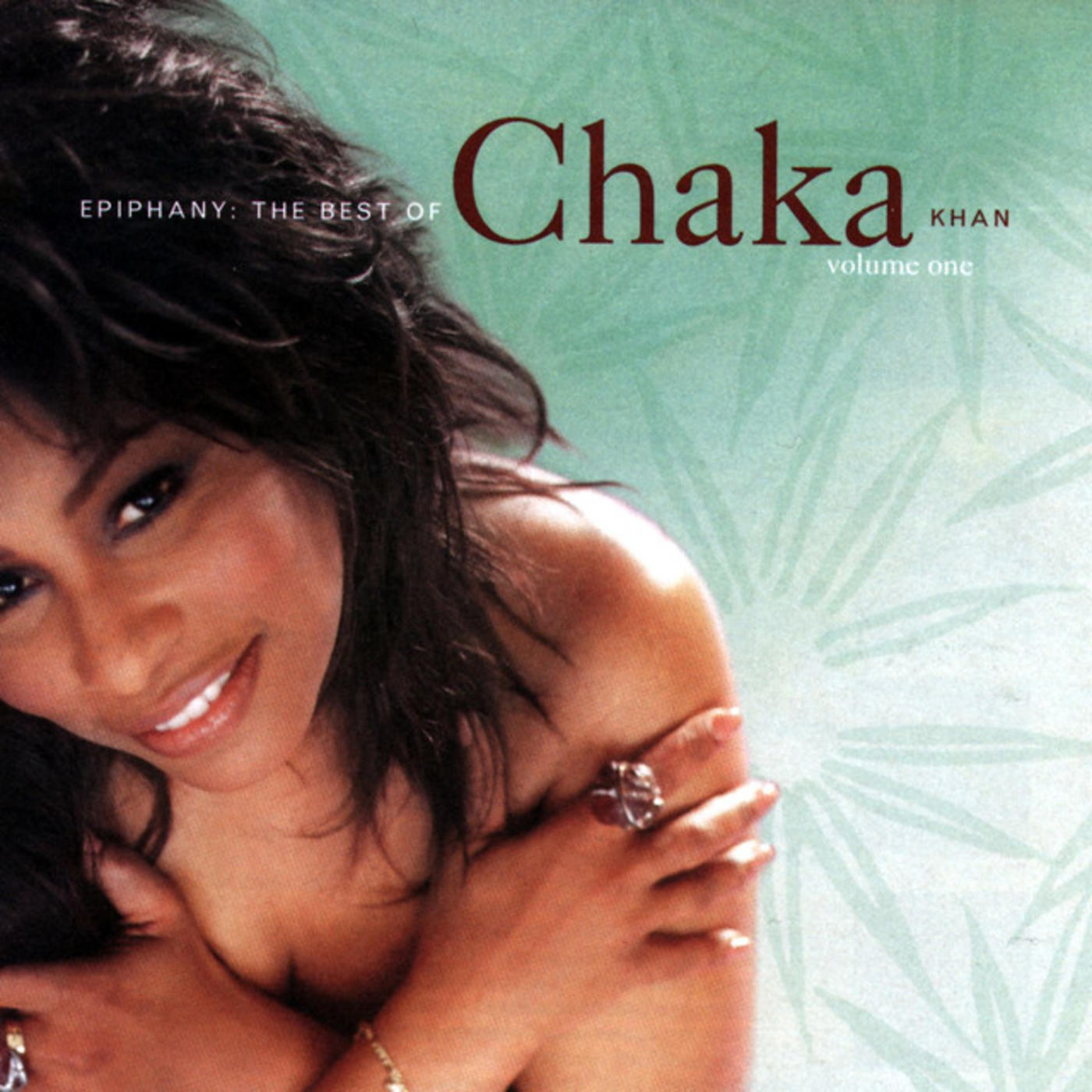THE ONE AFTER THE BIG ONE: Chaka Khan, NAUGHTY

Toward the end of their time together, the funk band Rufus and their star lead singer Chaka Khan had an odd arrangement – the band would make a record with Khan, then Khan would make a solo album on her own, at which time Rufus would make a record without Khan. After a period, they began the cycle again. This led to some uneven Rufus records; for example, 1979’s NUMBERS, recorded without Khan, is not as good as MASTERJAM, recorded with Khan and released later that same year.
Khan, on the other hand, was making some wonderful music under her own name. Her solo debut, 1978’s CHAKA, was a classic, not to mention a hit, and she solidified her working relationship with producer Arif Mardin on the follow-up, 1980’s NAUGHTY.
The steady thump of “Clouds” (written by Nick Ashford and Valerie Simpson) kicks off the record with a disco undercurrent and a melody that Khan pushes … well, to the clouds. Credit for the groove must go to drummer Steve Ferrone and bassist Anthony Jackson, who lock into one another and propel the track forward. The mid-tempo “Nothing’s Going to Take You Away” shimmers with Leon Pendarvis’ electric piano and an ever-shifting and modulating melody, through which Khan effortlessly glides.
Her take on the contemporary classic “Move Me No Mountain” is a supple reading, percolating until the second chorus, on which Khan ignites the song, makes it her own. The slow-burn effect also turns “All Night, All Right” into something of a standalone symphony, with Khan’s understated vocal taking a backseat to the dynamic arrangement Mardin constructs around her, not to mention the electric violin of Noel Pointer, who sneaks back and forth in the mix, by turns punctuating Khan’s voice, taking some solo space, then receding into the wash of instruments.
NAUGHTY might not be Chaka Khan’s best-known work or biggest hit, but it certainly deserves to be spun and reconsidered, particularly by listeners curious about R&B at the turn of the late ‘70s and early ‘80s. Give it a shot and enjoy!
For more information, click the buttons below:

